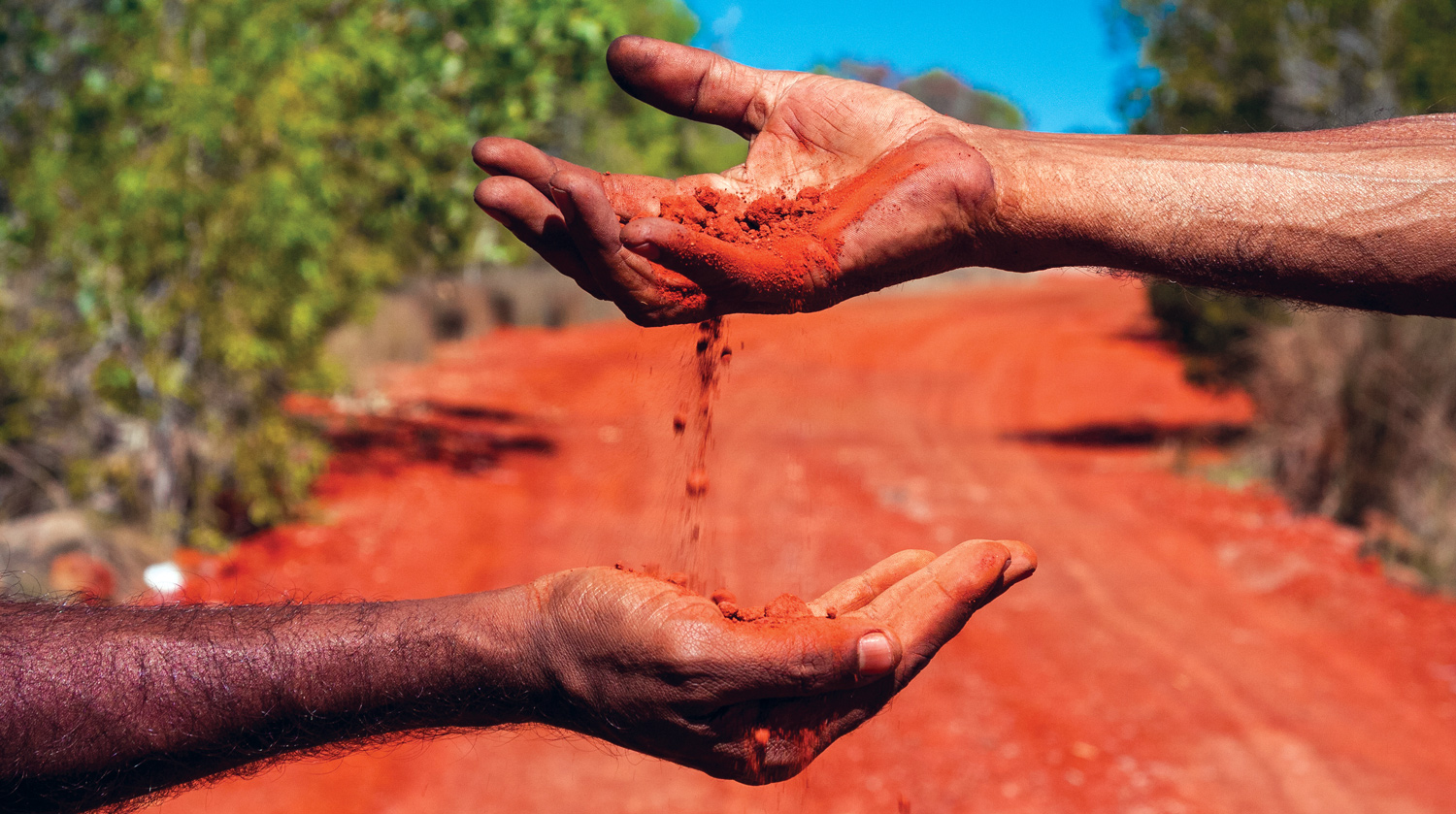 Plans are underway for a hub for Aboriginal people in which to grow old, in a culturally appropriate environment. Health Consumers’ Council’s Rachel Seeley explains.
Plans are underway for a hub for Aboriginal people in which to grow old, in a culturally appropriate environment. Health Consumers’ Council’s Rachel Seeley explains.
Aboriginal people in Western Australia have voiced their concerns about elder abuse and the mistreatment and neglect of older people in their communities, providing strong support for the need for a safe place in the Perth metropolitan area for them to grow old in a culturally appropriate environment.

Since 2013, Langford Aboriginal Association (LAA) and Relationships Australia WA have been working together to establish an Aboriginal Elder Aged Care Community Hub on Wadjak Noongar Boodja (Boorloo/Perth).
The hub will be a safe place for elders, offering independent living, assisted living, palliative care and respite. Plans include a cultural centre, childcare facilities and a bush tucker café.
“We need a place where community can come together to pass down the learnings of our cultural practices to the younger generations,” said Relationships Australia (WA) Senior Manager of Aboriginal Services Angela Ryder.
To understand the broad spectrum of needs, visions and priorities for Aboriginal elder care and answer key questions concerning community priorities, LAA and NAJA Business Consulting Service worked with community and industry stakeholders.
A series of five workshops were held in key communities across the metropolitan area.
“They were well attended with community members from all ages actively engaging and providing important feedback,” said Langford Aboriginal Association Acting Senior Executive Officer Sophie Walker.
The feedback from these workshops indicated an Aboriginal elder care facility in the metropolitan area was urgently needed and would provide a service that is not currently available.
Workshop participants provided feedback on the design and priorities of such facilities and services, helping to determine the architectural site, concept planning, costings and staged approaches.
NAJA also engaged with stakeholders from all levels of government, aged care, allied health services and others, indicating strong support for the concept and development of the Aboriginal Elder Care Community Hub.
As well as the need for culturally appropriate and trauma-informed aged care specifically designed for Aboriginal elders, there are other cultural and population-based trends which point to the need for such a facility.
In Perth there are some aged care services and support available for people from culturally and linguistically diverse backgrounds, however, there are currently no dedicated services or infrastructure that support independent living, assisted living and palliative care arrangements specifically for Aboriginal elders.
“The Aboriginal Elder Aged Care Community Hub would empower members of the Aboriginal community to live independently, socialise with others, and experience a safe and supportive environment,” Ms Ryder said.
The project will have a staged approach that will ultimately be managed and delivered by Aboriginal people.
Stage 1 includes the construction of a residential aged care facility with capacity for 76 residents, while Stage 2 would see the construction of a community hub, lifestyle village, medical clinic with hydrotherapy pool and associated parking, roads and landscaping. When completed, private residential units accommodating up to 48 residents, and community amenities including a commercial café, childcare and medical services will be delivered.
Stage 3 includes the construction of a cultural centre, recreational facilities for residents and visitors and extensive landscaping with a lake feature. By this stage, the facility will support partnerships for cultural experiences, recreational use and hire.
With the business case for the proposed facility now finalised, the project is applying for funding to develop architectural designs. For more information on the project, contact Langford Aboriginal Association on admin@laalangford.org.au or 9451 1424.

